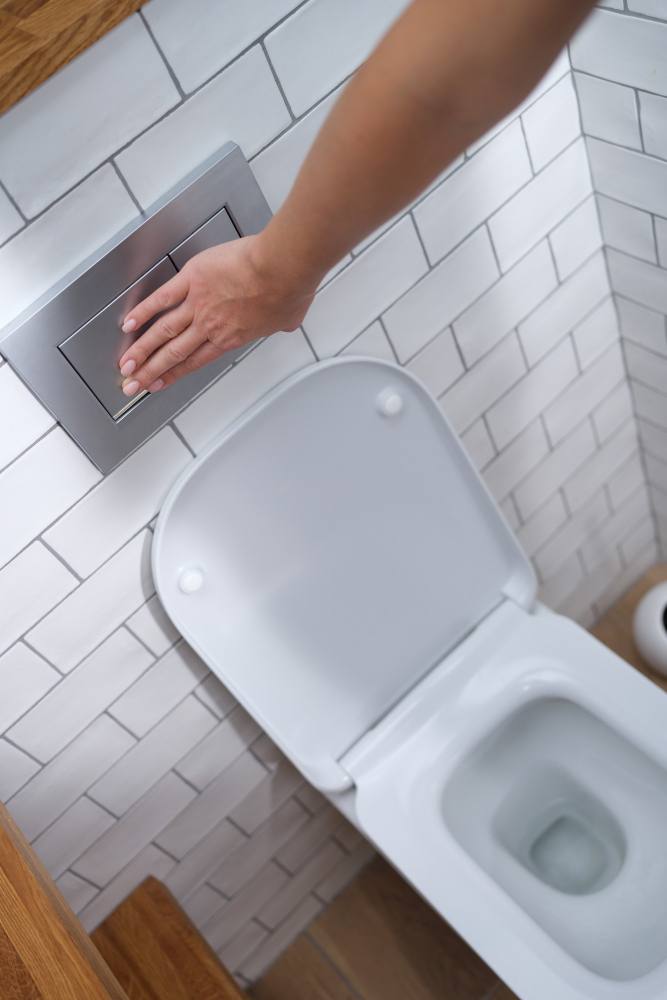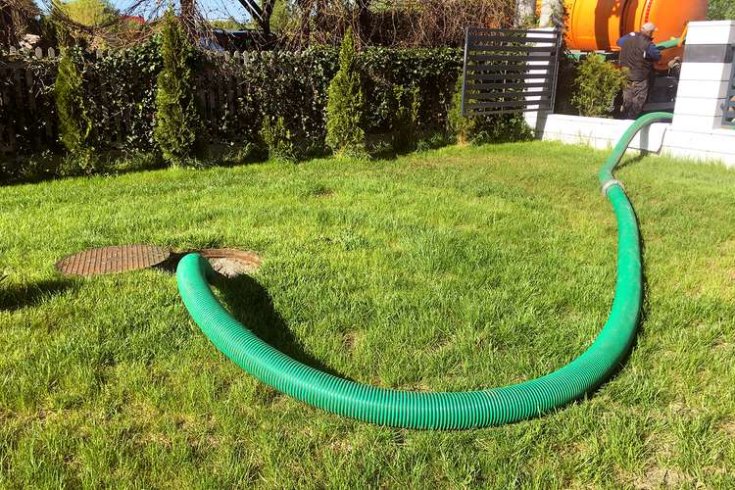
11
Your septic system plays a crucial role in managing household waste, and it needs regular care to stay functional. One of the most important ways to protect your septic system is by being mindful of what goes down your drains—especially your toilets. Flushing the wrong items can cause serious damage, leading to expensive repairs, backups, and even total system failure. Avoiding these problems starts with knowing what not to flush and staying on top of septic tank pumping and septic tank cleaning.
A septic system is an underground wastewater treatment structure that separates and breaks down solids, liquids, and scum. Solids settle in the tank, where bacteria begin to decompose them, while liquids flow out into the drain field. However, this process is delicate, and introducing the wrong materials can upset the system’s balance. Over time, flushing improper items can clog pipes, damage the drain field, and overload the tank—necessitating emergency septic cleaning.
To avoid a costly disaster, it’s essential to treat your septic system with care and stick to only flushing human waste and toilet paper.
Even if a product is labeled "flushable," that doesn’t mean it’s safe for your septic system. Here's a list of common items you should always dispose of in the trash.
Many wipes don’t break down like toilet paper and can create blockages in your septic tank or pipes. This includes baby wipes, makeup remover wipes, and cleaning wipes.
Tampons, sanitary pads, and liners are made to absorb moisture and do not dissolve. They can clog your system and cause backups.
These items are more durable than toilet paper and break down much more slowly, which increases the risk of blockages.
These may seem harmless, but they can clump together and interfere with the natural breakdown process inside your tank.
Floss can wrap around other debris, forming large clogs that are difficult to remove without professional help.
Flushing old medications doesn’t just harm your septic system—it also pollutes groundwater. Dispose of medications at designated drop-off points.
Pouring grease down the drain can lead to buildup in your pipes and create a layer of scum in your septic tank that’s hard to break down.
Even if the label says “flushable,” cat litter adds unnecessary solids to your system and can lead to rapid filling and malfunction.
Being cautious about what you flush is only half the equation. Regular septic tank pumping and septic tank cleaning are essential to keeping your system in top condition.
Most experts recommend having your septic tank pumped every 3 to 5 years, depending on household size and usage. This process removes the accumulated sludge and prevents overflow into your drain field. Septic cleaning goes a step further by thoroughly rinsing out the tank to eliminate remaining waste and residue.
Without routine maintenance, solids can build up and cause drain backups inside your home, foul smells from sinks and drains, contamination of your yard or water supply, or permanent damage to your septic system.
Protecting your septic system starts with what you flush and ends with regular septic cleaning and maintenance. By avoiding harmful materials and scheduling timely septic tank pumping with Charlotte Septic Pros, you can extend the life of your system and avoid costly repairs. Treat your septic system with care, and it will serve you well for many more years.

28
Why Is Sewage Backing Up into My Tub? When wastewater starts rising into your bathtub, it’s more than just unpleasant—it’s…
Read more
22
Can Bacteria Additives Eliminate the Need for Pumping? If you own a home with a septic system, you’ve probably seen…
Read more
12
A single slow drain in your home can feel like a minor inconvenience. Maybe the sink takes a little longer…
Read more
05
Are Slow Drains a Septic Issue or Just a Clog? Slow drains are one of those household problems that start…
Read more
02
What Septic Service Techs See That Homeowners Miss Most homeowners only think about their septic system when something goes wrong.…
Read more
21
Simple Habits That Protect Your Septic System A well-functioning septic system does its job quietly, but the moment something goes…
Read more
14
Pump Now or Pay Later: The Real Cost of Skipping Maintenance A properly functioning septic system is easy to forget…
Read more
11
Why Your Septic System Always Acts Up at the Worst Time Homeowners often feel that septic problems strike at the…
Read more
04
Early Warning Signs Your Septic Tank Needs Pumping For homeowners who rely on a septic system, routine maintenance is not…
Read more
29
Why Does My Septic System Smell Fine One Day and Terrible the Next? If you own a home with a…
Read more